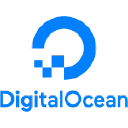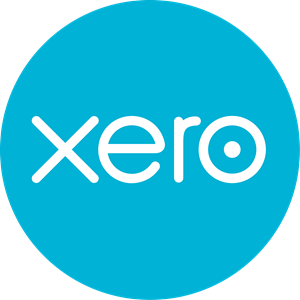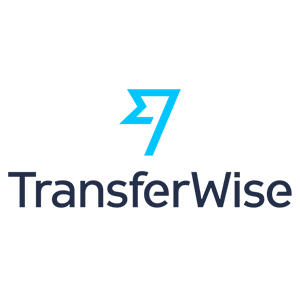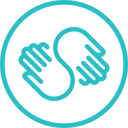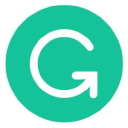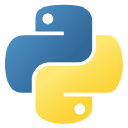On Starting A RV Membership Service With Over 2,700 Hosts
Hi, I’m Anna Maste, CTO and co-founder of Boondockers Welcome.
Boondockers Welcome is a platform where RVers can connect with hosts who let them stay on their property for a few nights while traveling. However, unlike Hipcamp or other similar platforms, our hosts let guests stay for FREE!
Our guests pay us an annual membership fee to have access to our platform where they can connect with our hosts. Our hosts are not interested in generating income from sharing their property -- most of them are RVers themselves or aspiring RVers, and they enjoy meeting other travelers and sharing in their experiences. Plus, with every guest they welcome, they bank credits they can put towards their own members when they’re ready to travel.
We currently boast over 2700 hosts across all of North America, with several dozen overseas in Europe and Australia where we’re actively looking to expand.

